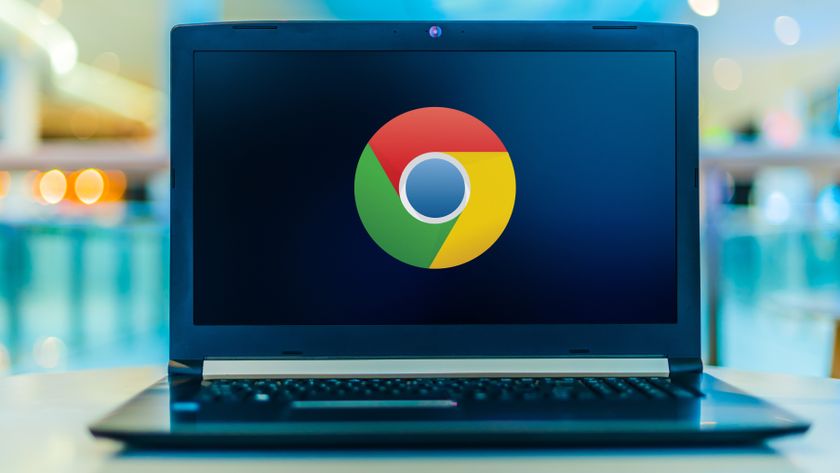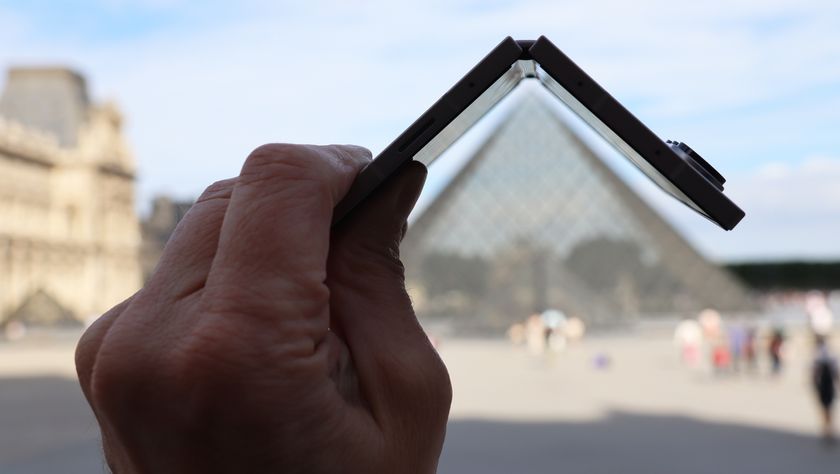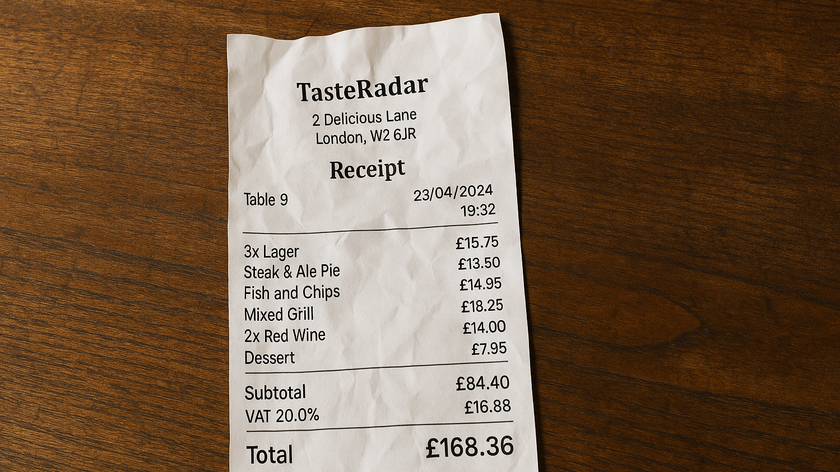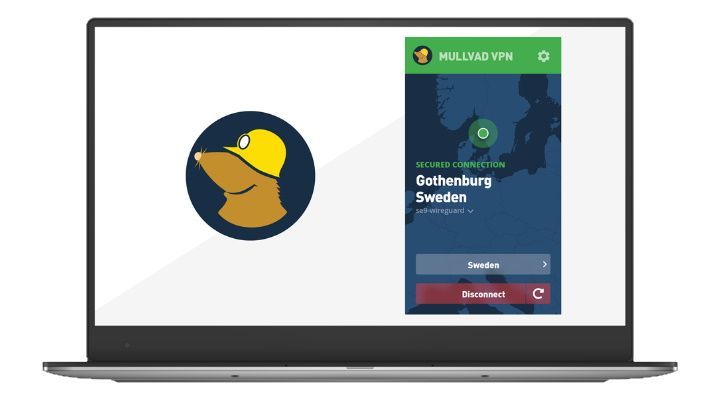
If your gas or electricity supplier goes out of business, then you may be wondering what will happen to your energy supply. Thankfully, there’s no need to worry.
Even if your current supplier ceases trading, your property will still receive gas and electricity as usual without disruption. In fact, you probably won’t even notice there has been a change at all. You’ll just receive a letter in the post telling you about your new supplier and tariff after a few weeks.
When you’ve heard the news
When your energy supplier goes out of business, Ofgem, the gas and electricity regulator, will move you to a new supplier. They do this by speaking to the UK’s best energy suppliers and asking them to bid to take on customers.
This process normally takes a few days, but once the handover is complete, your new supplier will contact you. If it has been more than two weeks, you can check who has taken over your energy supply and contact them.
While waiting to hear from your new supplier
If you have an online account with your old energy supplier, you should check the balance on your account and download any bills. Before your new supplier contacts you, it’s also best to:
- Take a photo of your meter readings
- Keep any old bills you have to form a payment history
- Locate your balance on your most recent statement
Once you know who your new supplier is
Once your new supplier has set up an account for you, they will write to you and explain everything about your new ‘deemed’ contract, which can last for as long as you’d like it to.
If your new tariff is more expensive than your old one, you should contact your new supplier and make sure that you’re on the best tariff for your needs. If you’re not happy with this deal, then you can switch to one of the best energy deals available on the market using an energy comparison service without paying an exit fee.
Get daily insight, inspiration and deals in your inbox
Sign up for breaking news, reviews, opinion, top tech deals, and more.
However, you should be aware that rising wholesale energy costs mean there are currently fewer cheap deals available in the market at the moment, and now may not be the best time to switch.
What if I’m in credit or debt?
If you were in credit with your previous supplier, then you’ll be thrilled to know that your money is protected. Once you have an account with your new supplier, they will tell you how the money will be paid back.
If you’re in debt, you’ll still have to pay this money back. Again, if your new supplier is taking on the debt, they will contact you to arrange a payment plan. If you’re struggling to pay, they’ll help find a way that works for you.
If your new supplier isn’t taking on the debt, you’ll be contacted by an administrator (this is a company that takes on the debt of a company that goes bust). They will then tell you how to pay the debt that you owe.
Please be aware that administrators do not have to follow the same payment rules as energy companies, so you may be asked to pay all of your debt at once. However, you should still try to negotiate a payment plan with them and you should speak to your new supplier if you’re struggling to pay your bills.
Tom is a freelance copywriter and content marketer with over a decade of experience. Originally from an agency background, he is proud to have worked on campaigns for a number of energy providers, comparison sites and consumer brands.
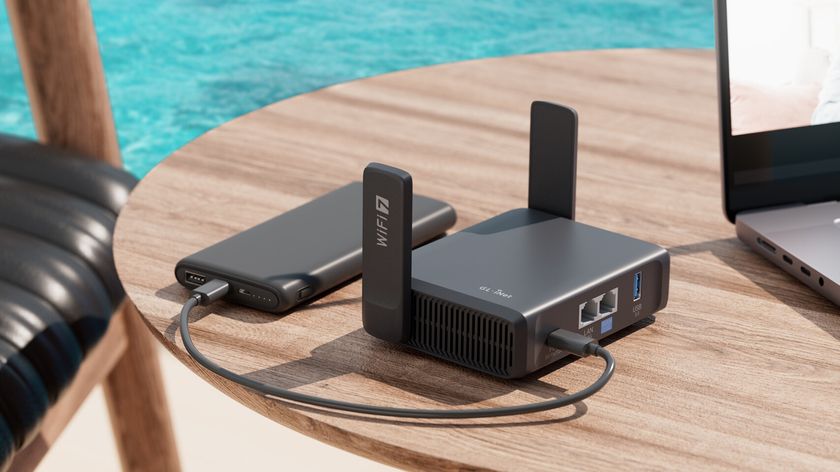
Here's the world's first mobile Wi-Fi 7 router, and I can't believe how ridiculously cheap it is

You can now set up your new Mac with an iPhone or iPad, and it might just be the best new time-saver
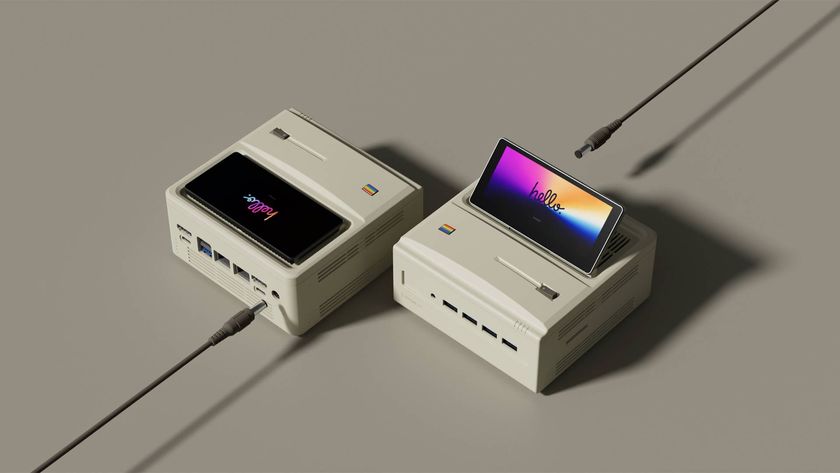
Mac-inspired mini PC has three unique, exciting features that I beg other mini PC designers to embrace and copy

